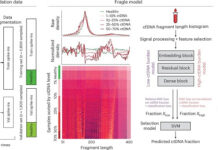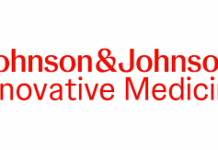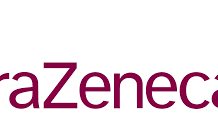The World Health Organization (WHO), in collaboration with global partners, has announced nearly $2 million in grants to fund 10 innovative projects aimed at strengthening pathogen genomic surveillance in low- and middle-income countries. The initiative, supported by the International Pathogen Surveillance Network (IPSN), focuses on analyzing the genetic material of pathogens to enhance global capabilities in tracking infectious diseases, understanding their spread, and enabling faster public health responses.
The grants, funded by the Bill & Melinda Gates Foundation, The Rockefeller Foundation, Wellcome, and hosted by the United Nations Foundation, will support projects designed to address local and regional health challenges. These include monitoring avian flu in live-bird markets in Laos, using wastewater surveillance to track diseases in refugee populations in Lebanon, and creating bioinformatics tools for real-time pathogen analysis in Brazil.
Other notable recipients include projects in Ghana, Cameroon, India, Sri Lanka, Rwanda, Angola, and the Democratic Republic of Congo, focusing on antimicrobial resistance, foodborne disease, and hemorrhagic fevers. These efforts aim to integrate genomic surveillance into existing health systems, providing critical insights to mitigate the impacts of disease outbreaks.
“This funding will expand equitable access to genomic surveillance tools, especially in vulnerable communities, and accelerate the development of new methods, like wastewater and environmental surveillance,” said Sara Hersey, Director of Collaborative Intelligence at the WHO Pandemic Hub.
As per the press release, the announcement was made during the IPSN Global Partners Forum in Bangkok, co-hosted by the WHO and the Doherty Institute’s Centre for Pathogen Genomics. A second round of grants is planned for 2025, emphasizing IPSN’s commitment to creating a globally connected network of genomic surveillance that strengthens health equity and public health decision-making.
























